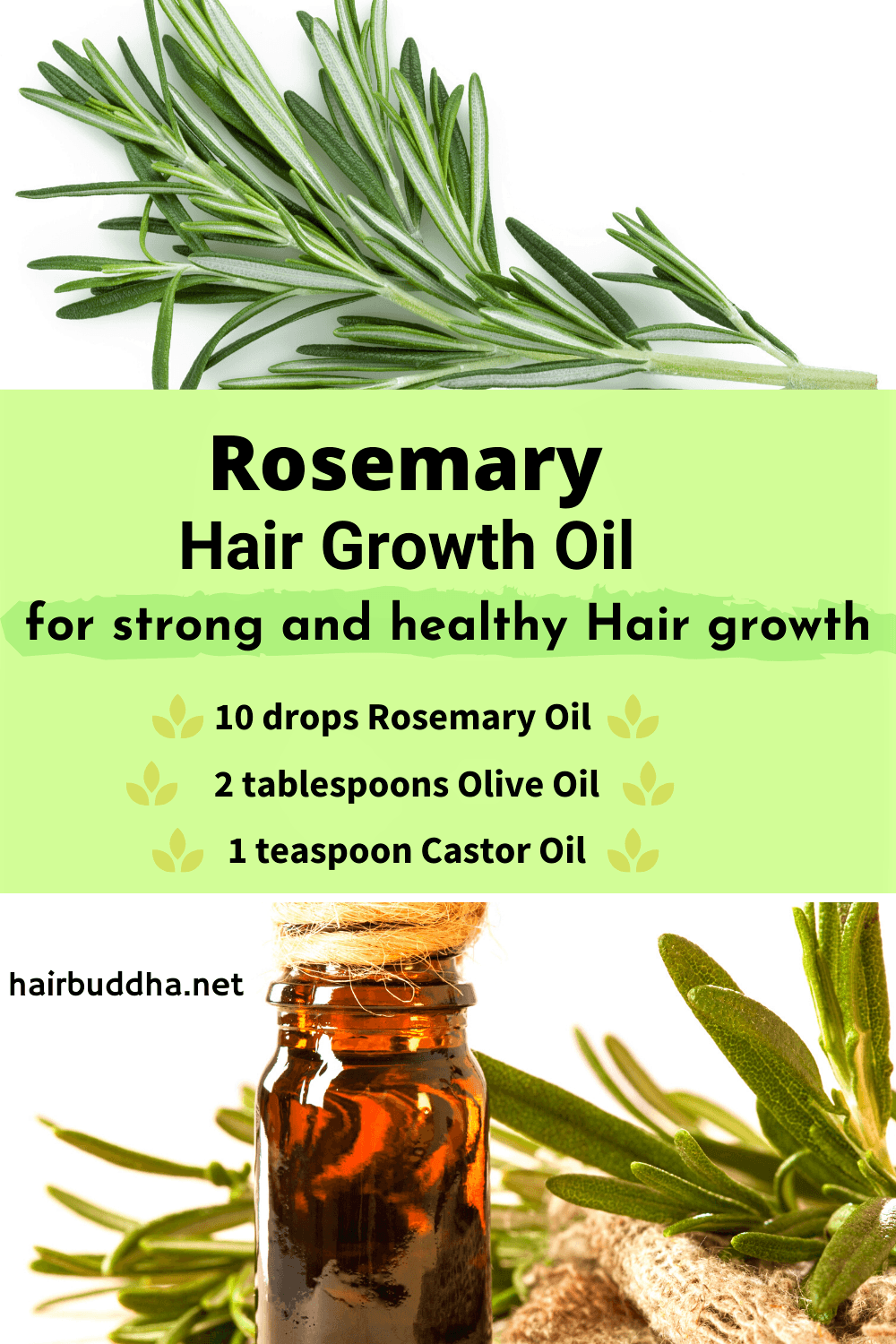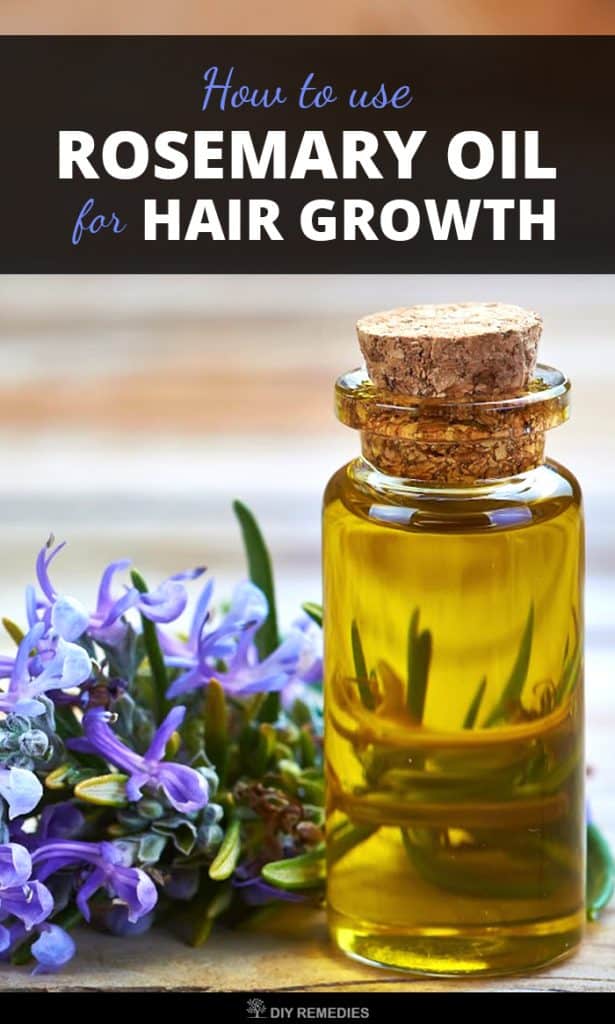The quest for luscious, healthy hair is a timeless pursuit, driving countless individuals to explore various methods and products. Among the natural remedies gaining significant traction is rosemary oil, a potent essential oil celebrated for its potential to stimulate hair growth and improve overall hair health. While the allure of shiny, voluminous hair is undeniable, understanding how to effectively utilize rosemary oil for optimal results requires careful consideration. This comprehensive guide delves into the science behind rosemary oil’s benefits, explores different application methods, addresses potential challenges, and provides practical advice to help you harness its power for stronger, healthier hair. We’ll examine the evidence supporting its efficacy, compare it to other hair growth treatments, and offer a step-by-step approach to incorporating rosemary oil into your hair care routine. The information presented here aims to equip you with the knowledge needed to make informed decisions and achieve your hair growth goals safely and effectively. Remember that individual results may vary, and consulting a dermatologist or trichologist is always advisable, especially if you have pre-existing scalp conditions. Let’s embark on this journey to uncover the secrets of rosemary oil and its transformative potential for your hair.
Understanding Rosemary Oil and its Properties
Rosemary oil, extracted from the Rosmarinus officinalis plant, boasts a rich history of medicinal and cosmetic uses. Its aromatic properties have been valued for centuries, but recent scientific research is increasingly validating its benefits for hair health. The key to rosemary oil’s effectiveness lies in its chemical composition, particularly its high concentration of antioxidants and anti-inflammatory compounds. These components combat oxidative stress, a major contributor to hair follicle damage and thinning. Antioxidants neutralize free radicals, preventing them from harming hair cells and promoting healthy growth. Anti-inflammatory properties can soothe irritated scalps, creating a more conducive environment for hair follicles to thrive.

The Science Behind Hair Growth Stimulation
Studies suggest that rosemary oil may mimic the effects of minoxidil, a common hair loss treatment. While more research is needed, some studies have demonstrated that topical application of rosemary oil can significantly improve hair growth parameters, such as hair count and thickness. The oil’s ability to improve scalp circulation is thought to play a crucial role in this process. Increased blood flow delivers essential nutrients and oxygen to the hair follicles, nourishing them and promoting growth. Furthermore, rosemary oil’s potential to inhibit the enzyme 5-alpha-reductase, which is implicated in androgenetic alopecia (male pattern baldness), adds another layer to its efficacy.
Comparing Rosemary Oil to Other Hair Growth Treatments
Compared to other hair growth treatments, rosemary oil offers a more natural and potentially less irritating alternative. While minoxidil and finasteride are clinically proven to be effective, they can cause side effects. Rosemary oil, on the other hand, is generally well-tolerated, making it a safer option for many individuals. However, it’s crucial to note that the effectiveness of rosemary oil may vary depending on the individual and the severity of hair loss. It’s not a miracle cure, but it can be a valuable addition to a holistic hair care regimen.
Methods of Applying Rosemary Oil for Hair Growth
The application of rosemary oil for hair growth is surprisingly versatile. Several methods can be employed, each with its own advantages and disadvantages. Choosing the right method often depends on personal preference, hair type, and the desired level of intensity. It is important to always perform a patch test before applying rosemary oil to your entire scalp to check for any allergic reactions.
Direct Application
The simplest method involves directly applying a few drops of pure rosemary oil to the scalp. Gently massage the oil into the scalp using your fingertips, ensuring even distribution. Leave it on for at least 30 minutes before washing your hair. This method allows for direct contact between the oil and the hair follicles, maximizing its potential benefits. However, pure rosemary oil can be quite potent, so diluting it with a carrier oil, such as coconut oil or jojoba oil, is often recommended. This reduces the risk of irritation and allows for better absorption.
Rosemary Oil Hair Mask
Creating a hair mask with rosemary oil is another effective approach. Combine rosemary oil with other beneficial ingredients like coconut oil, olive oil, or honey to create a nourishing and revitalizing treatment. Apply the mask to your hair and scalp, leave it on for an hour or more, then rinse thoroughly. This method provides added conditioning and moisturizing benefits, leaving your hair feeling soft and healthy. Experiment with different combinations to find the perfect recipe for your hair type.
Rosemary Oil Shampoo and Conditioner
Many commercially available shampoos and conditioners now incorporate rosemary oil into their formulas. These products offer a convenient and consistent way to incorporate rosemary oil into your hair care routine. Look for products that list rosemary oil as a prominent ingredient, ensuring that it is not just a trace element. However, always check the full ingredient list to avoid products with potentially harmful chemicals.
Potential Challenges and Precautions
While generally safe, rosemary oil can pose certain challenges for some individuals. Allergic reactions, though rare, are possible. Always perform a patch test before applying rosemary oil to your entire scalp. Skin irritation can occur if the oil is too concentrated or applied improperly. Diluting the oil with a carrier oil and performing a gentle massage can help minimize this risk. Furthermore, some individuals may experience temporary scalp tingling or a slight burning sensation, which usually subsides after a few minutes. If irritation persists, discontinue use immediately and consult a dermatologist.
Important Considerations
- Purity of the oil: Opt for high-quality, 100% pure rosemary oil from reputable sources.
- Dilution: Always dilute rosemary oil with a carrier oil, especially for direct scalp application.
- Consistency: Results may not be immediate. Consistent use over several weeks or months is usually necessary to see significant improvements.
- Underlying conditions: If you have any scalp conditions, such as eczema or psoriasis, consult a dermatologist before using rosemary oil.
Real-World Examples and Case Studies
While rigorous clinical trials are still ongoing, anecdotal evidence and smaller-scale studies suggest promising results. Many individuals report noticeable improvements in hair thickness, reduced hair fall, and improved scalp health after incorporating rosemary oil into their hair care routine. One study published in the Journal of Alternative and Complementary Medicine showed significant improvements in hair growth parameters in participants who used rosemary oil compared to a control group using minoxidil. However, it’s important to remember that these are individual experiences, and results may vary. Further research is needed to establish definitive conclusions about rosemary oil’s efficacy for hair growth.
| Study | Participants | Results |
|---|---|---|
| Journal of Alternative and Complementary Medicine (Example Study) | 60 participants with androgenetic alopecia | Significant improvement in hair growth parameters in the rosemary oil group. |
Maximizing the Benefits of Rosemary Oil
To maximize the benefits of rosemary oil for hair growth, consider integrating it into a holistic hair care routine. This includes a balanced diet rich in essential nutrients, adequate hydration, stress management, and gentle hair care practices. Avoid harsh chemicals, excessive heat styling, and tight hairstyles that can damage hair follicles. Furthermore, maintaining a clean scalp is crucial. Regularly washing your hair with a mild shampoo removes dirt, oil, and product buildup that can clog hair follicles and impede growth.
Actionable Steps
- Choose a high-quality rosemary oil: Select a 100% pure, therapeutic-grade oil from a reputable supplier.
- Dilute appropriately: Mix rosemary oil with a carrier oil such as coconut oil or jojoba oil (typically a ratio of 1:10).
- Apply consistently: Use the chosen method (direct application, hair mask, or shampoo) at least twice a week.
- Massage gently: Stimulate blood circulation by gently massaging the oil into your scalp.
- Be patient: Allow sufficient time (several weeks or months) to observe noticeable results.
Summary and Recap
Rosemary oil, a natural remedy with a rich history, is showing significant promise as a hair growth stimulant. Its potent antioxidant and anti-inflammatory properties combat oxidative stress and soothe irritated scalps, creating an optimal environment for hair follicles to thrive. The oil’s ability to improve scalp circulation delivers essential nutrients and oxygen to the hair follicles, promoting growth and potentially mimicking the effects of minoxidil, a common hair loss treatment. Multiple application methods exist, including direct application (diluted with a carrier oil), hair masks, and commercially available shampoos and conditioners. While generally safe, potential challenges such as allergic reactions or skin irritation necessitate a patch test and careful dilution. Consistent use over several weeks or months is crucial for optimal results, and integrating rosemary oil into a holistic hair care regimen that includes a healthy diet, stress management, and gentle hair care practices enhances its effectiveness. Individual results may vary, and consultation with a dermatologist is recommended for those with pre-existing scalp conditions.
- Key benefits: Stimulates hair growth, improves scalp circulation, soothes irritation, combats oxidative stress.
- Application methods: Direct application (diluted), hair masks, shampoos/conditioners.
- Precautions: Patch test, dilute with carrier oil, monitor for irritation.
- Holistic approach: Healthy diet, stress management, gentle hair care.
Frequently Asked Questions (FAQs)
How often should I use rosemary oil for hair growth?
For optimal results, aim to use rosemary oil at least twice a week. However, you can adjust the frequency based on your hair type and scalp’s response. If you experience any irritation, reduce the frequency or dilute the oil further.
Can I use rosemary oil every day?
While some individuals may tolerate daily use, it’s generally recommended to start with twice-weekly applications and adjust based on your scalp’s reaction. Daily use might lead to irritation for some.
How long does it take to see results from using rosemary oil?
Results vary significantly. Some individuals may notice improvements within a few weeks, while others may require several months of consistent use before seeing significant changes in hair growth or thickness.
Is rosemary oil safe for all hair types?
Rosemary oil is generally considered safe for most hair types. However, it’s crucial to perform a patch test before widespread application to check for allergic reactions or sensitivities. Individuals with extremely sensitive scalps might need to dilute the oil more significantly.
What are the best carrier oils to mix with rosemary oil?
Coconut oil, jojoba oil, and argan oil are excellent carrier oils to mix with rosemary oil. These oils provide additional conditioning and moisturizing benefits, while also helping to dilute the rosemary oil and reduce the risk of irritation.



